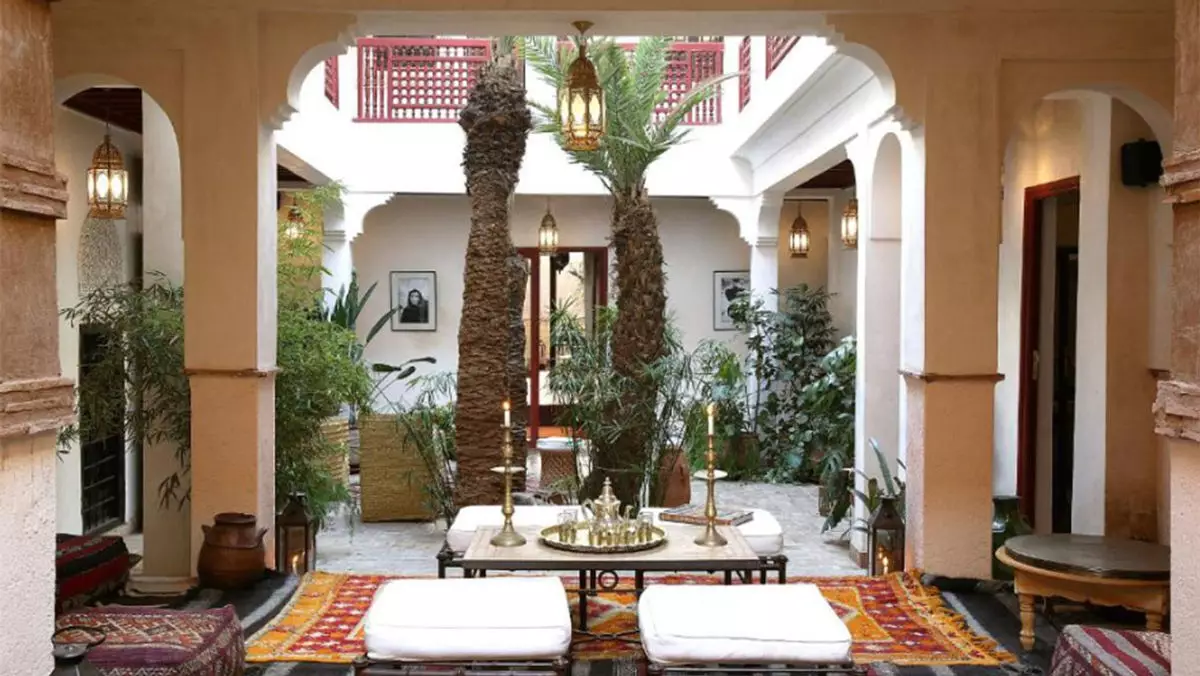Intrepid Travel is making waves in the hospitality sector with its recent acquisition of the charming Edge of the Bay resort in Tasmania. Nestled near the breathtaking Wineglass Bay, this boutique gem is a 20-room coastal paradise set against the backdrop of the stunning Freycinet National Park. With its 18-acre expanse, the property promises not just a place to stay but an immersion in the natural beauty of Tasmania. Beyond mere aesthetics, though, what elevates this acquisition is Intrepid’s commitment to its “impact-led ethos,” aiming to align tourism with environmental sustainability and community engagement.
The planned renovations are not cosmetic; they represent a shift in how hospitality can positively impact the environment. Collaborating with Greening Australia, Intrepid intends to weave nature-based activities and environmental education into the guest experience. This initiative not only enhances the visitor experience but also enriches the local ecosystem—a dual benefit that many travelers today seek. Moreover, the inclusion of the Palawa people’s cultural heritage assessment indicates a promising future wherein indigenous wisdom can guide ecological and tourist practices. This approach is commendable, as it acknowledges the importance of integrating local culture with sustainable tourism.
Rediscovering Marrakech
In tandem with its Tasmanian venture, Intrepid has turned its eyes toward Marrakech, acquiring a traditional riad just moments away from the historical Medina. This 17-room guesthouse showcases Morocco’s rich heritage and offers culinary experiences tailored by The Amal Association, a nonprofit dedicated to empowering women in hospitality. This unique offering not only serves a delicious purpose but underscores Intrepid’s ethos: travel should uplift local communities rather than exploit them.
The decision to fully operate this riad by July marks a strategic shift for Intrepid, aiming to create a holistic travel experience. Here, travelers won’t just sleep; they will engage with the local culture, enhancing their trip and fostering meaningful connections. This model empowers guests to invest in local economies, which stands in contrast to the often-extractive nature of mainstream tourism.
A Vision for the Future
Intrepid’s trajectory signifies an ambitious expansion plan, targeting the acquisition of 20 properties by 2027 across Asia, Africa, and the Americas. This initiative reflects a broader awareness in the industry: today’s consumers are increasingly discerning and conscientious about their travel choices. The company’s earlier acquisitions, including the eco-focused Daintree Ecolodge in Queensland, Australia, have laid the groundwork for this ambitious vision, emphasizing sustainability through solar power, waste management, and organic gardening.
Chief Executive Officer James Thornton has articulated a vision not merely of growth but of responsibility. By intertwining their operations with local communities and cultural appreciation, Intrepid Travel is setting a precedent for what modern hospitality should embody. There is an innate power in travel not only to experience different cultures but also to contribute to their prosperity.
Intrepid Travel’s journey into sustainable hospitality showcases a new paradigm for travel. Their acquisitions extend far beyond traditional tourism; they are a blossoming endeavor that embraces environmental stewardship and cultural richness. This is where hospitality meets mindful travel, creating genuine value for both travelers and the communities they touch. It’s an approach that inspires not just wanderlust but also a desire to foster a deeper connection with our shared planet.


Leave a Reply